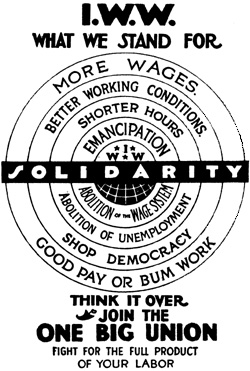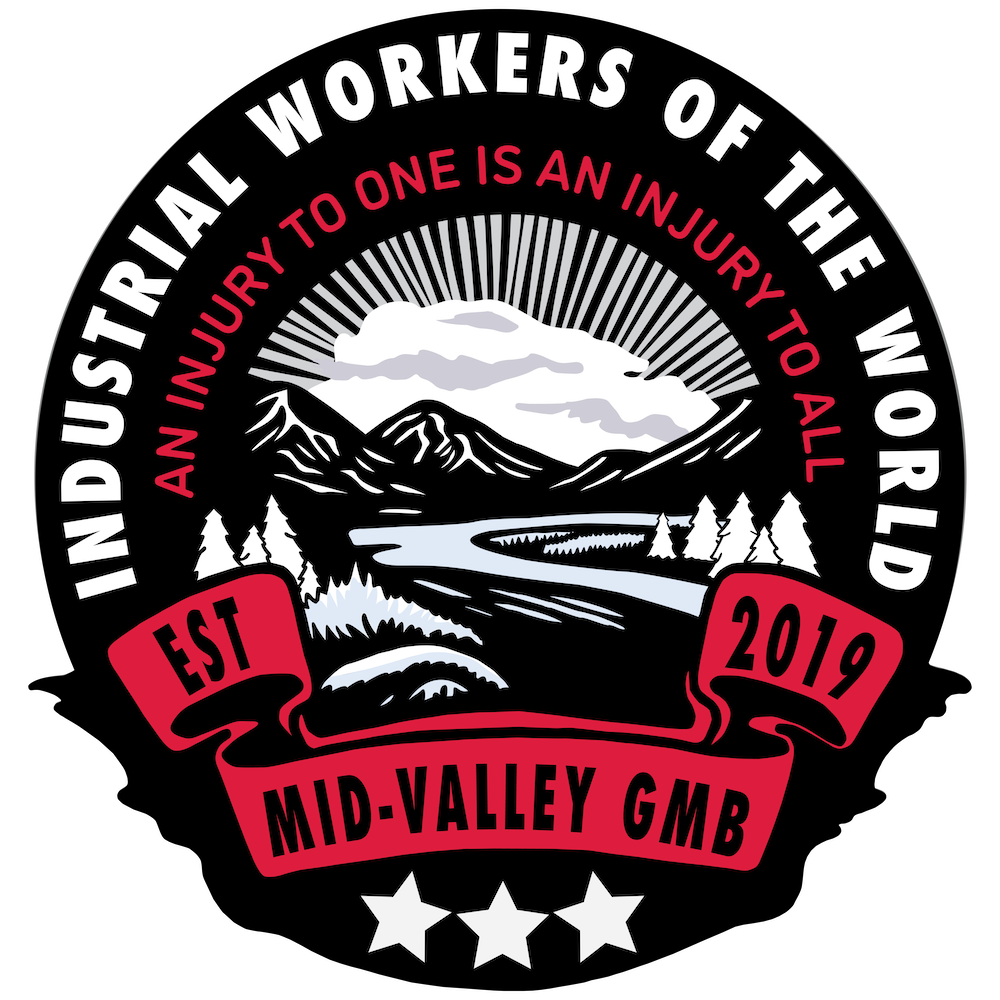
Solidarity unionism is a form of organizing that emphasizes direct action and worker autonomy, rather than reliance on traditional union structures or legal frameworks. Instead of waiting for a union to be recognized by management or relying on bureaucratic union leadership, solidarity unionism encourages workers to act collectively and take direct action against their employer to achieve their demands.
Solidarity unionism often involves creating an informal network of workers who are committed to mutual aid, direct action, and building power on the shop floor. This can involve tactics such as work stoppages, picketing, and other forms of direct action to pressure management into meeting workers’ demands.
Solidarity unionism is based on the idea that workers, regardless of their industry or classification, have the power to improve their working conditions and wages through collective action. Instead of being divided by craft or industry, workers unite based on their shared grievances and goals.
What Does Organizing Look Like?
Organizing your workplace can have many forms and it is workers who shape it, but there are some key elements.
Talk one-on-one with your fellow workers about work.
Map out your workplace layout and social structures.
Collectively decide on a grievance(s) to address.
Use direct action to draw on collective power and ultimately win your desired resolution!

Map The Workplace
Observe your work environment, spaces of gathering, communication patterns, and management habits. Pay attention to key areas for breaks and socializing. Map the social structures of your workplace. Who are the natural leaders? Who would whisper to management about organizing in the workplace? These are important elements to understand before attempting to persuade coworkers.
Talk With Fellow Workers
Start to compare notes with fellow workers. We spend so much time in workplace isolation, someone near you is probably suffering from the same issues that you are. Carefully share complaints about the job and brainstorm ideas for change. Explain how clear demands with the collective backing of the workers can’t be ignored by the boss and will result in improved working conditions for all employees in the workplace. Don’t be aggressive! Stick to the facts and speak in a straightforward manner while remaining empathetic and listening more than you speak. Remember, be discrete.

Decide On A Grievance(s)
Develop one or two primary demands that a majority of workers support! They must be clear and effective. For example, if workers are unhappy with how management chooses the schedule, a clear demand with the backing of the workplace staff would remedy that issue. When there is strong collective support combined with clear and effective demands decided on by employees, the next step is to confront the manager or boss with those demands as a group. Make a record of the interaction and stick together.


Direct Action
Using group strength to bring about changes that otherwise wouldn’t happen through direct means. Through direct action, we disrupt the status quo to force recognition of our grievance. Bosses rely on their workers in order to run their businesses. Make demands as a group and prepare agitation actions in case they are unwilling to listen. Those tactics can include work slowdowns, planned walkouts, everyone calling in sick on a single day, wearing matching union pins in protest, and more. When workers take direct action after being ignored, the bosses are reminded that they can’t operate without their employees.
Time to Organize
The needs of workers are being ignored in the workplace; meanwhile, bosses are making record profits while refusing to provide adequate benefits.
This is unacceptable.
We can help you change that!
Suffering from any of the following workplace issues?
Your coworkers are too!
TIME TO ORGANIZE!
Lacking Transparency?
Bosses make big decisions that impact workers, yet the workers have no voice
What if the staff made the choices about changes to their lives?
Inadequate Wages?
Poor Wages? Never receive COLA (Cost-of-Living Adjustment) or merit-based increases?
You can negotiate higher wages and benefits!
Scheduling Issues?
Does management ignore your requests to change hours or shifts?
What if you and your coworkers were in control of the schedule?
Poor Working Conditions?
Is management ignoring requests for safer working conditions? Boss hostile to the employees?
What if employees made decisions about safety and repairs when they’re needed, not once it’s too late?
